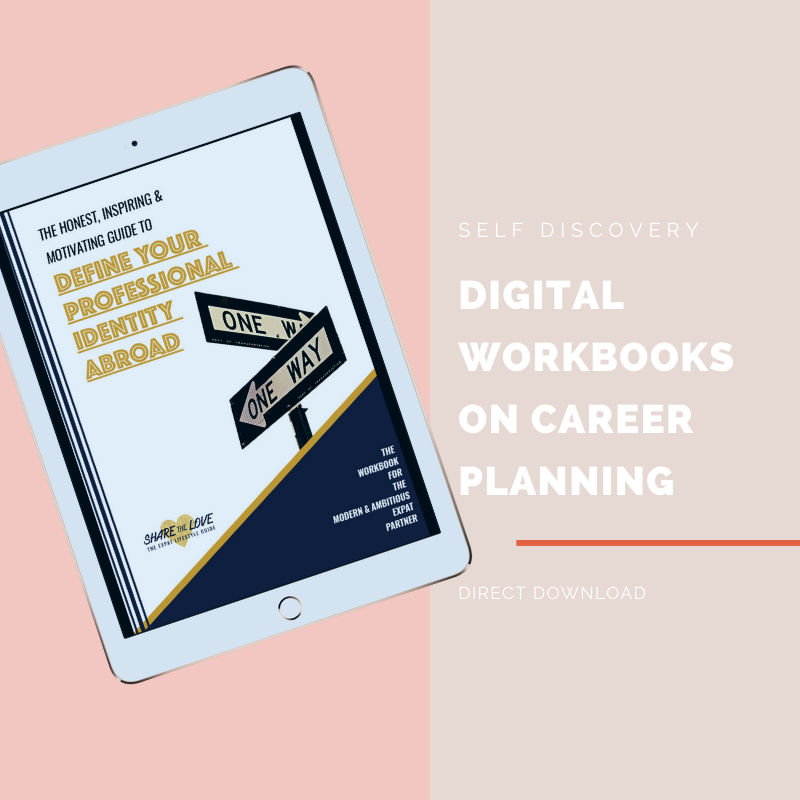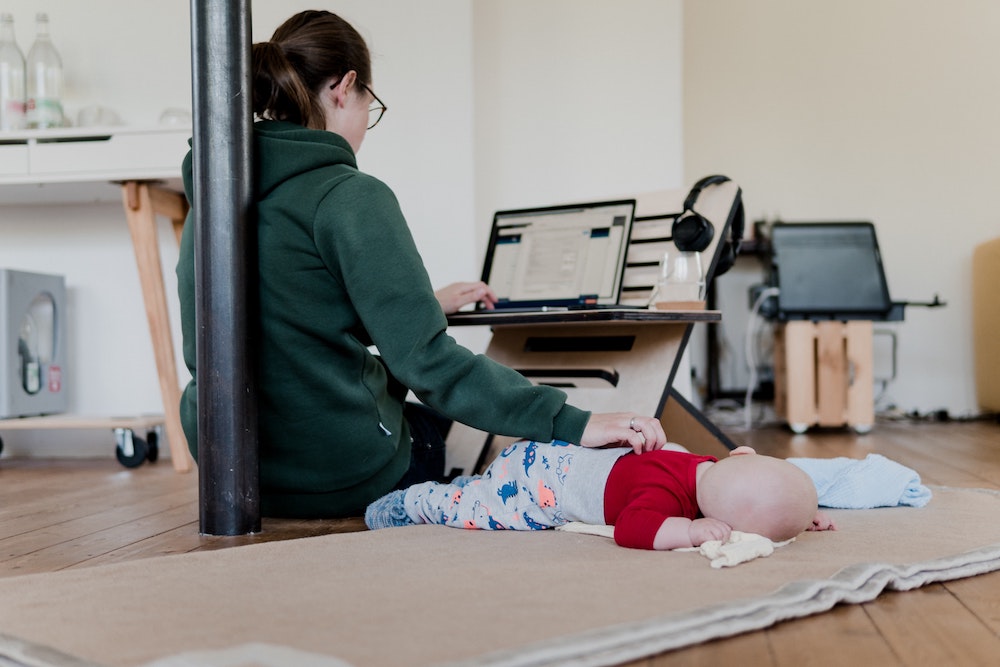
The New Post Pandemic Workplace
- implications for the expat partner and international career couple
Worldwide, more than 2.5 million women left the workforce. Many of them voluntarily take care of their family. The pandemic has shaken up the working world quite a bit. When a society lives with change for such a long time and processes it into new routines, a lot gets unstuck. Even after we can all hug each other again, many things will be seen with different eyes, especially in the working world. In my opinion, this offers great opportunities for many expat partners. The otherwise linear course of life has taken a different direction for many of us – and not just for expats. In this blog post, I share with you possible changes due to COVID-19 and how you as the expat or accompanying partner can respond and benefit.
The ebook - Becoming Career Smart
More info and download option
Have a sneak-peek and find more about the outline. You can read and do all exercises online or print it out if you prefer to work with pen and paper.
Trend #1: The fading stigma of a career break
„The stigma of employment gaps is already starting to fade. While 72% of job seekers believe there’s a stigma associated with having a career gap, 79% of hiring managers today would hire a candidate with a career gap on their resume.“ (LinkedIn, 2021)
LinkedIn has reacted to this by adding new features to their profile settings. You can now add “stay-at-home mom,” “stay-at-home dad” and “stay-at-home parent” to your profile as an occupation.
Additionally the platform is adding a new field specifically for employment gap types to the profile like “parental leave,” “family care” or “sabbatical,” so that people can address any gaps in their career journey.
In my coachings, LinkedIn profile brush-ups is always an important pillar as it heavily influences how you are portraying yourself to the outside world and how people will perceive you. So using these labels is not new to my work but it is a great addition that LinkedIn has included them as a way of labeling your status quo so it will become more standard to do so.
Trend #2: The downshifting of working hours
You can’t have it all – can you? For many years now, combining family and career was the main goal for many well-educated women around the globe. It became chic to create a support network to be able to focus on not only having a job that provided a second income to the family but also a career that developed over time. Women began to lean in and pursue the story of „You can have it all.“ What was stressful but doable before came to a sudden hold when the pandemic started and the support village vanished overnight. As a consequence, many career-oriented women decided to opt out, reduced their hours, or quit their job.
„In part because of pressures like these, nearly 2.5 million women have left the workforce since the pandemic began. About a third of mothers are considering “downshifting” their careers or pulling out of the workforce, according to research from the consulting firm McKinsey. This is the first time in six years that the consultancy has found women expressing such a strong interest in working less. “They were feeling a lot more burned out; they were feeling like they have extra responsibilities outside of the workplace, and not having flexibility at work,” Jess Huang, an author of the McKinsey report, told me.“ (The Atlantic, 2021)
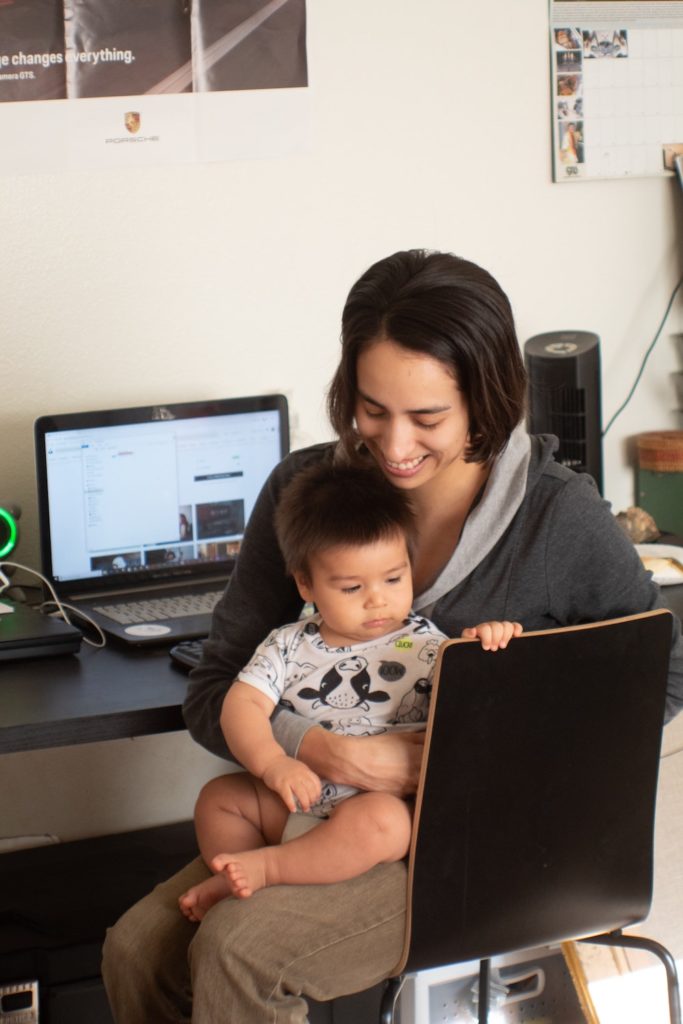
While this downshifting is reasonable when examining the special situation of a global pandemic, it has also very interesting impulses for the expat partner. The author of this great piece by the Atlantic has interviewed those women who decided to step back a bit from the intensity of their career and here is what she found: „Over the past several weeks, I’ve talked with half a dozen professional women who have left their full-time jobs, are now working less than full time, and are happier as a result. The women I interviewed are immensely lucky. Most of them have a partner who also brings in income. Most of them made enough at their previous jobs to allow for a brief, low-speed detour. Most of them work in fields in which freelancing or part-time contract work is an option.“ (The Atlantic, 2021)
The women interviewed for this piece have been very happy about their decision to downgrade their hours and were not regretting it to the time when the article was published. What implication does this have for the expat partner? Well, while society supported the idea of a working mum heavily over the past years, these women used their privileged situation to find their own solution apart from what others think is right or wrong. In my work, I meet many expat partners who could afford to step down from the highway of life (having a career and small children at the same time) but are afraid of the social stigma and losing any prospect of a successful career. For those, these women interviewed, can be role models and help them to make peace with their decision.
"white-collar moms have absorbed the message that you should work as hard as you can and make as much money as humanly possible."
Deciding what kind of career is healthy for you often has long-lasting consequences. Particularly in Germany, we can see very well the dangers that part-time work can have on the further course of a career for women. It is not uncommon for the big doors to remain closed afterward. However, it is a decision that you should make for yourself and not let yourself be dictated from the outside. The challenging times of COVID-19 has broken down some prejudices as more family-friendly models have become more attractive and socially accepted. Therefore, I am confident that expat partners will also benefit from this and will be heard with their very own life model. When you are hoping to hear from me to put all your energy into your career or do the opposite I have to disappoint you. This is not a statement piece in any direction. I learnt from my own journey and the ones of those wonderful women I had the honor to coach that there is no finished solution to adopt from someone else. Each and every woman is unique. And each and every situation is unique. Hence there is no workaround but to invest the time and energy to make up your own mind. I am hoping that this trend will support those who are struggling with stepping outside the hamster wheel and making decisions outside the norm.
Trend #3: Remote work is here to stay
Trends that had already taken hold were reinforced by the pandemic. The e-commerce sector is about to grow further, AI is more important than ever and remote work has become the norm in many areas and will remain so, at least in part, even after the end of the pandemic. McKinsey took a closer look at these and other trends in February this year and summarized the findings of their extensive study in a report. Here is a screenshot from it that gives a good overview:
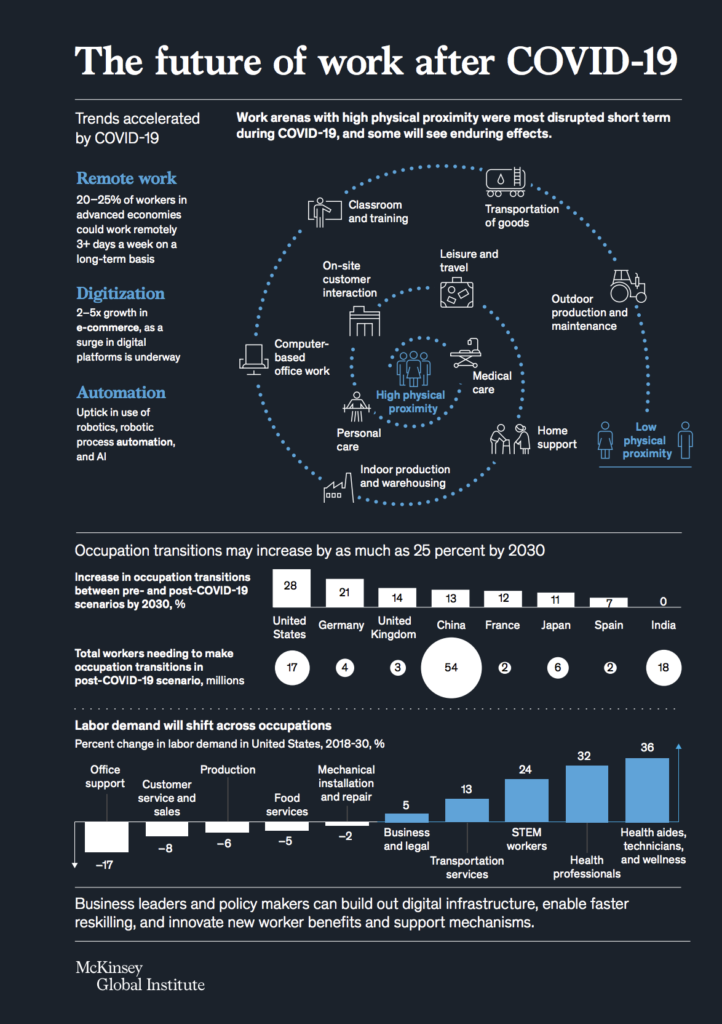
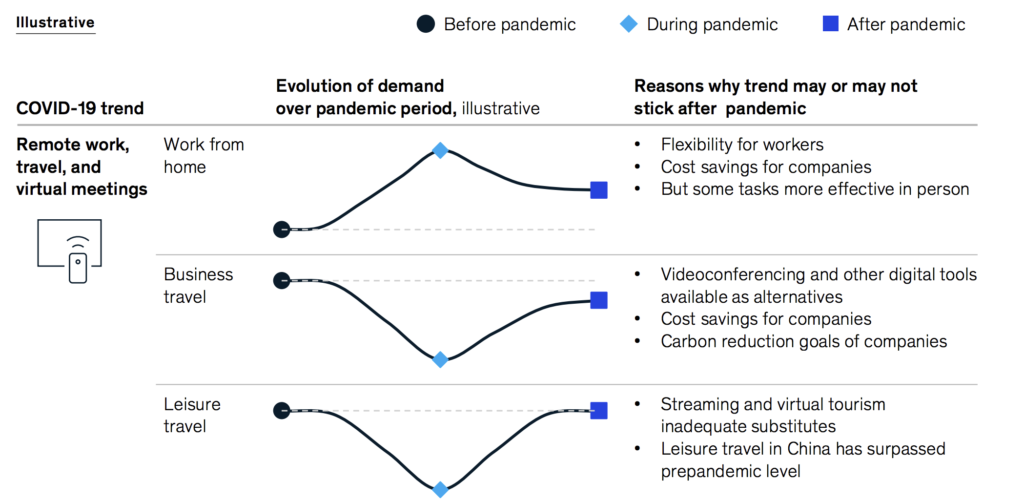
What does this mean for the expat partner? Companies have increased their willingness to accept remote work and jobs are more global now in the sense that you do not always have to live in the country where the company is located. Dual-Career Couples on the move are gaining greater flexibility as freelance or location-independent corporate jobs are increasing in numbers. Being the one team member not living in the same country as the other team members is not exotic any longer but can become a normal factor of globally-minded and diverse teams.
"The pandemic demonstrated that much more work could be done remotely than previously thought, including business sales calls, legal arbitration and trials, doctor visits, classroom learning, real estate tours, and even expert repairs of the world’s most sophisticated machinery made with the help of virtual reality headsets."
Sources mentioned in this blog post:
Considering the professional challenges of the expat partner and the international dual-career couple I find these trends very uplifting! In the best-case scenario, women will gain greater flexibility and encouragement to define their own dose of career and in the worst case, it has taken away some steam from the „You should have it all“ discussion at least. I am curious to hear what your thoughts are on this topic. Are you sharing my observations? What is your personal outlook?
feel free to use the comment section below or join one of our next global coffee dates to discuss!




